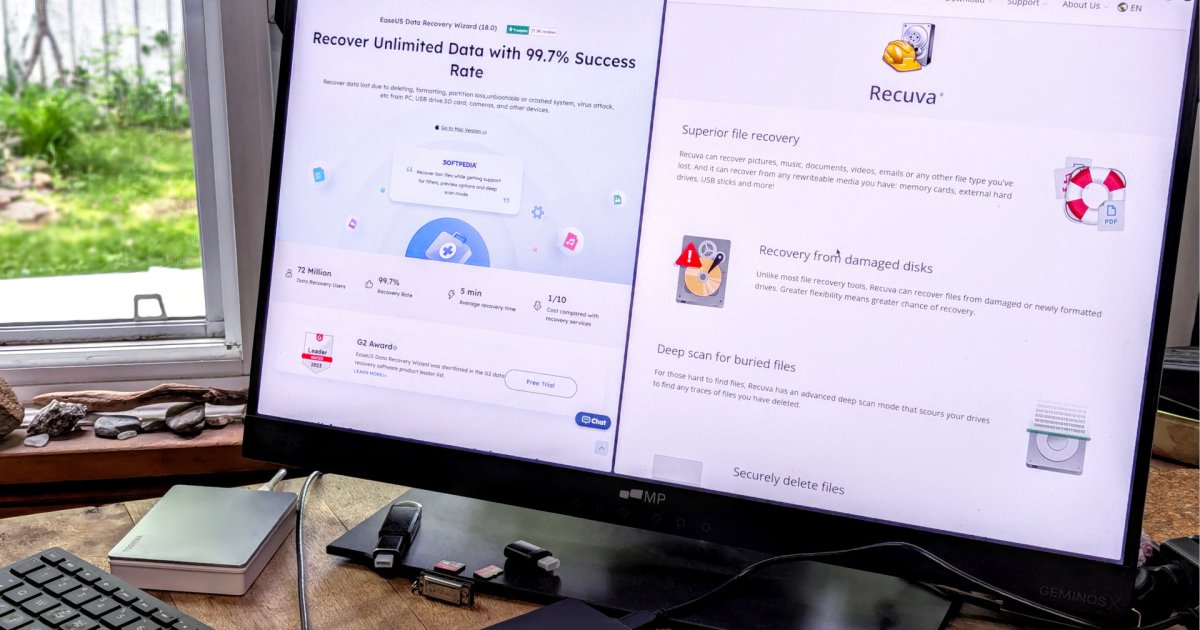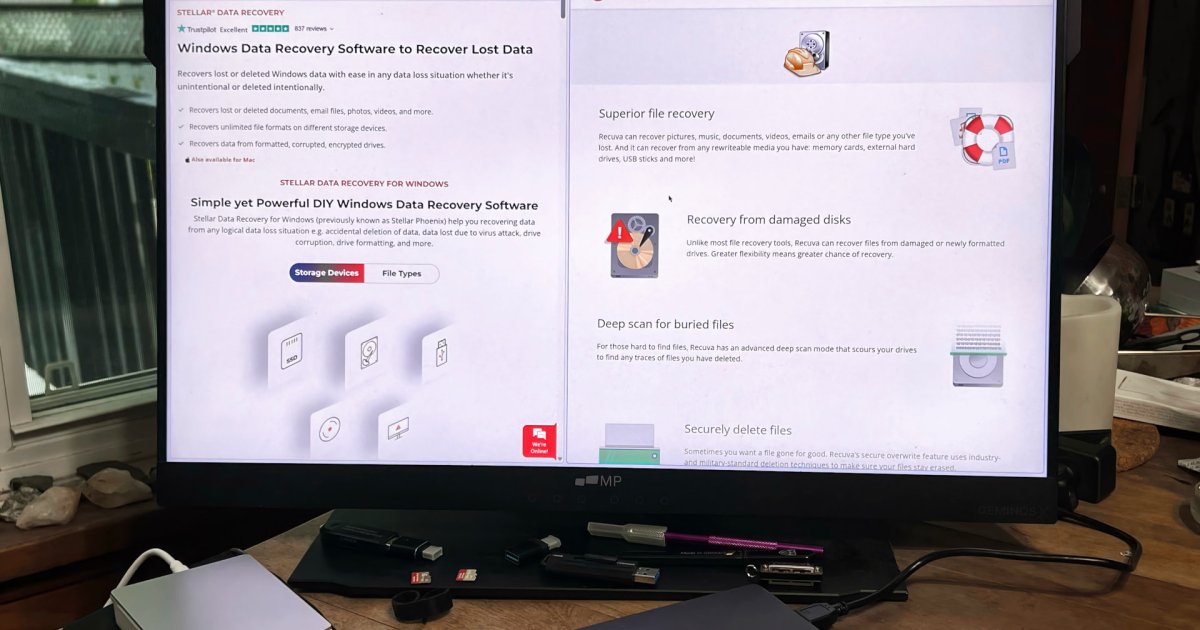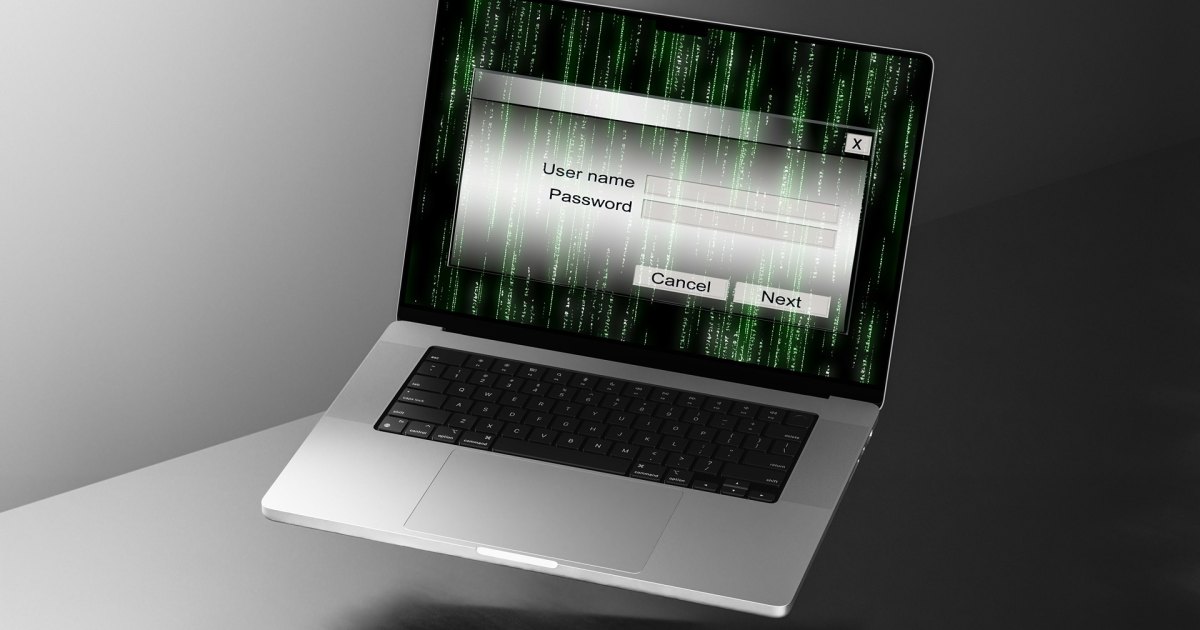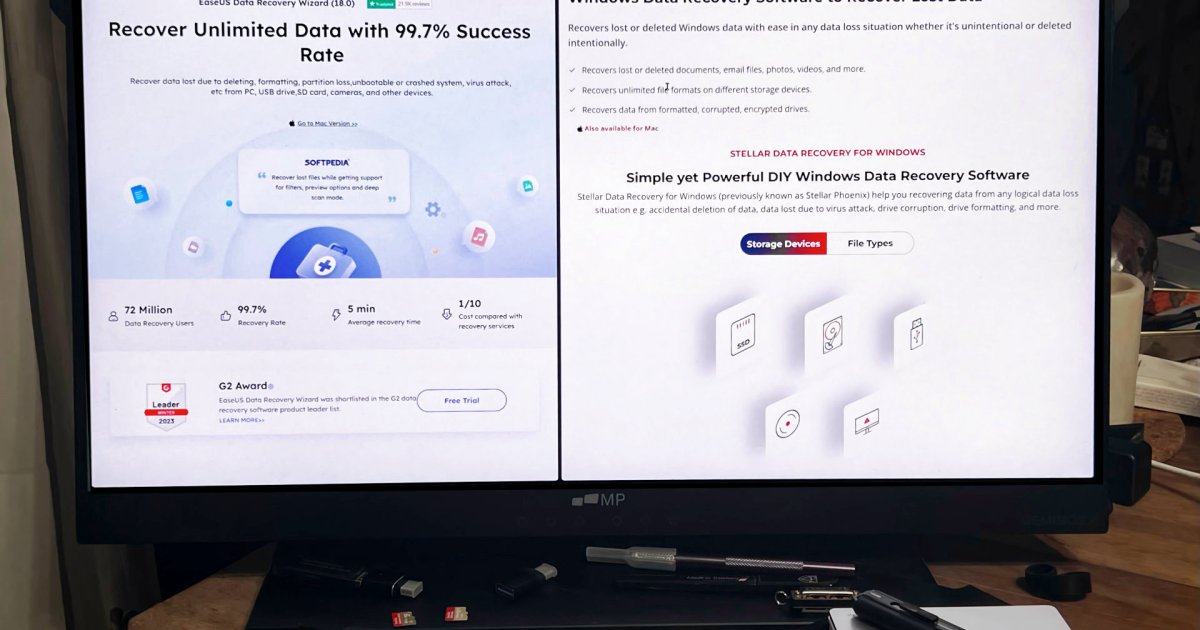The Biden administration has banned Kaspersky Lab cybersecurity software across the U.S. due to concerns about potential Russian government interference, the U.S. Commerce Department announced on Thursday. This action escalates long-standing anxieties surrounding the security of Kaspersky’s products.
U.S. officials have consistently voiced concerns regarding Kaspersky software, asserting that Russian law grants Vladimir Putin’s government access to Kaspersky’s systems, potentially exposing customer data. An anonymous source, speaking to Reuters, highlighted the risk of sensitive information theft or malware installation through the software’s access to computer systems. The source also noted that Kaspersky’s clientele includes critical infrastructure providers, state, and local governments.
Commerce Secretary Gina Raimondo explained the ban, emphasizing, “Russia has demonstrated both the capacity and… the intent to exploit Russian companies like Kaspersky to collect and weaponize the personal information of Americans.” Raimondo clarified that the decision stemmed from the current geopolitical climate and theoretical concerns rather than a comprehensive assessment of Kaspersky’s product integrity.
The ban, effective next month, will halt Kaspersky software sales in the U.S. Starting in September, software updates will also cease. Non-compliant companies, including sellers and resellers, face potential fines from the Commerce Department. Raimondo acknowledged that Kaspersky software has been banned from various government agencies for the past seven years, but stressed the need for stronger action due to persistent concerns.
While headquartered in Moscow, Kaspersky operates in over 30 countries, boasting around 400 million users and 270,000 corporate clients across more than 200 countries and territories. Both Kaspersky Lab and the Russian government have yet to issue a public response. Kaspersky has previously maintained its status as a privately managed business independent of the Russian government.
Speaking to Reuters, an unnamed source claimed that the software’s access to a computer system could potentially allow a perpetrator to steal sensitive information from computers or install malware.
Kaspersky is headquartered in Moscow, but has offices in more than 30 countries, with some 400 million users and 270,000 corporate customers across more than 200 countries and territories. This global presence underscores the significant impact of the U.S. ban.
In conclusion, the U.S. government’s decision to ban Kaspersky software reflects escalating cybersecurity concerns amid geopolitical tensions with Russia. The ban’s long-term implications for both Kaspersky and its users remain to be seen.










